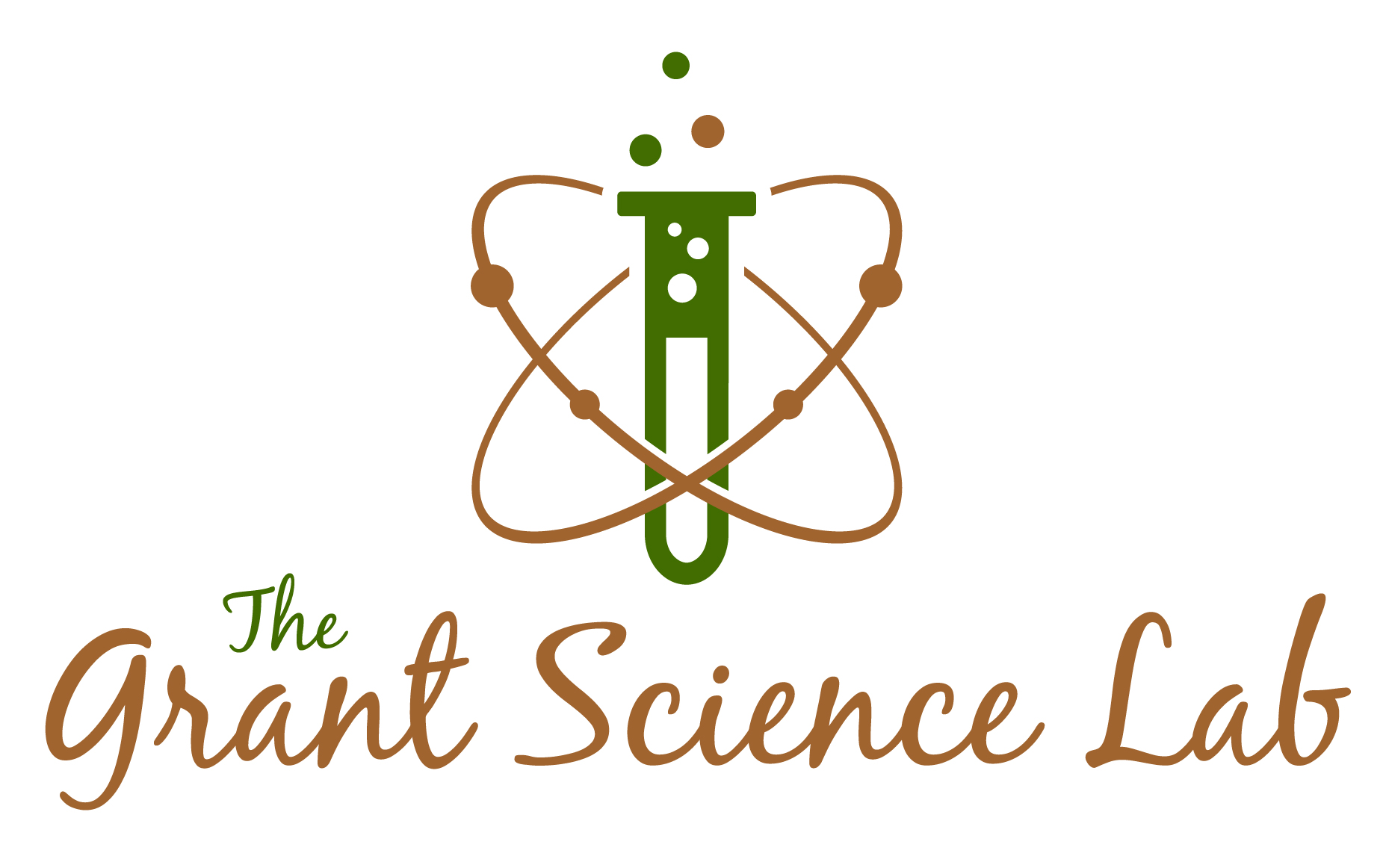Grant Proposal Tips – The First Page
 Surprising advice sometimes arises from unlikely sources. The academic research grant community appears as a parallel universe of grant seeking, grant writing, and grant administration to the world of wider nonprofit efforts. Back in May 2015 at the Southern Regional Grant Conference organized by the Georgia Chapter of the Grant Professionals Association, I spent some time in that wider world and seemingly parallel universe of nonprofits.
Surprising advice sometimes arises from unlikely sources. The academic research grant community appears as a parallel universe of grant seeking, grant writing, and grant administration to the world of wider nonprofit efforts. Back in May 2015 at the Southern Regional Grant Conference organized by the Georgia Chapter of the Grant Professionals Association, I spent some time in that wider world and seemingly parallel universe of nonprofits.
A panelist in the Meet the Funders session, who represented a corporate foundation funder, said words to this effect:
If the first page of your proposal got separated from the rest, could I make a funding decision based on just that first page?
The panelist went on to emphasize answering the who, what, why, where, when, and how questions in that first page.
In my opinion, this ranks among the best grant writing tips I’ve come across and it comes from the nonprofit community. Even in the parallel universe of scientific grant proposals, the first page matters. Abstracts, project summaries, specific aims, executive summaries, and the opening page of the narrative are all first pages. They deserve our particular attention. In some cases legislative bodies and university committees require lay or non-technical summaries for their records that effectively communicate your science to a non-scientific audience. The job of the first page is to engage the reader and make the reader hunger for more.
If you are in the habit of dashing off that abstract or project summary at the last-minute, stop now and consider carefully crafting that piece of your proposal. Likewise, refrain from cutting and pasting text from the opening page or other parts of your proposal. It tells the reviewer you were too lazy to write something fresh. Remember in the great research grant game, the first page of your proposal is the only part of the proposal that a generalist panel member with a vote may read.
All the best,
Deb


